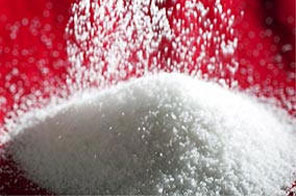Market Protection Officer in districts
KATHMANDU: The Department of Commerce (DoC) is planning to appoint Market Protection Officer (MPO) in districts
to regulate market competition. DoC director general Anil Kumar Thakur said MPOs will be deployed within this fiscal year.
The MPOs will work to regulate markets by stopping cartelling, unhealthy competition and black marketing. Based in the District Administration Office (DAO), the MPO will facilitate DAO in enforcement of market regulating laws — Competition Promotion and Market Protection Act, Black Marketing and Certain Other Social Offences Act and Consumer Protection Act — while coordinating with the department. DoC is moving ahead after consultations with Chief District Officers (CDOs) of all 75 districts. “They urged for appointing MPOs as they are under the burden of administrative work,” said Thakur. “MPO will have rights designated by the CDO which can vary according to time and situation.” The government has promulgated Competition Promotion and Market Protection Act in 2007 but failed to implement it due to lack of mechanism. “If we can enforce the act in the true sense, consumer rights will be protected,” Thakur said adding without strong enforcement mechanism a consumer-based market cannot be developed.
Moreover, MPOs will also work as supply officers. “MPOs will do research on supply and suggest to the DoC what action to take,” he said, “They will do the job till a Department of Supply (DoS) is formed and supply officers are appointed.”
The Ministry of Commerce and Supply decided to establish DoS and appoint supply officers in DAOs last year but it has not materialized yet.
Sugar price dips
KATHMANDU: Nepalis are feeling relief as sugar price is going down. The rate in Kathmandu markets has gone down from Rs 90 to Rs 78 per kg since the last two weeks. The current government price of sugar is Rs 80 per kg. “Sugar price is going down as sugar mills are releasing old stocks,” said inspection officer Kamal Bahadur Thapa. Also, the price fall in Indian market is affecting the market. Nepal imports 40 per cent of its total sugar demand while 60 per cent is produced domestically.






